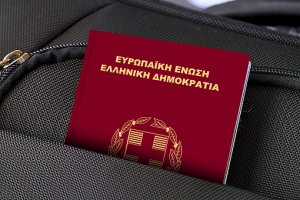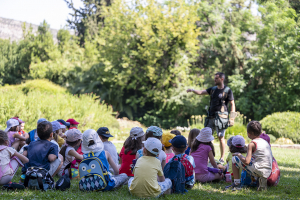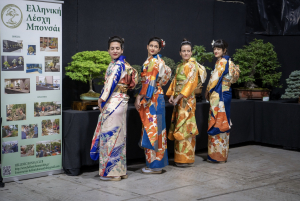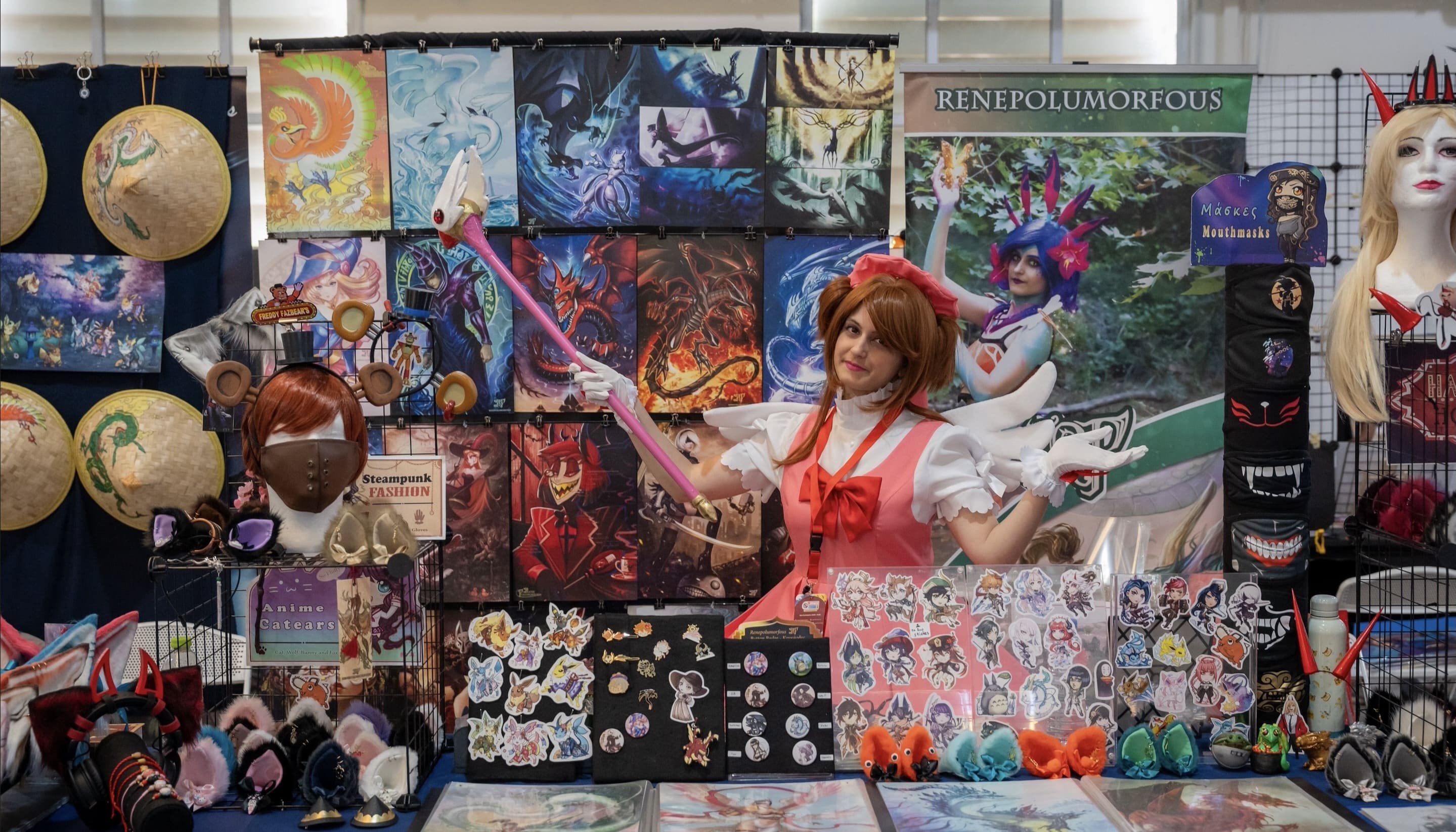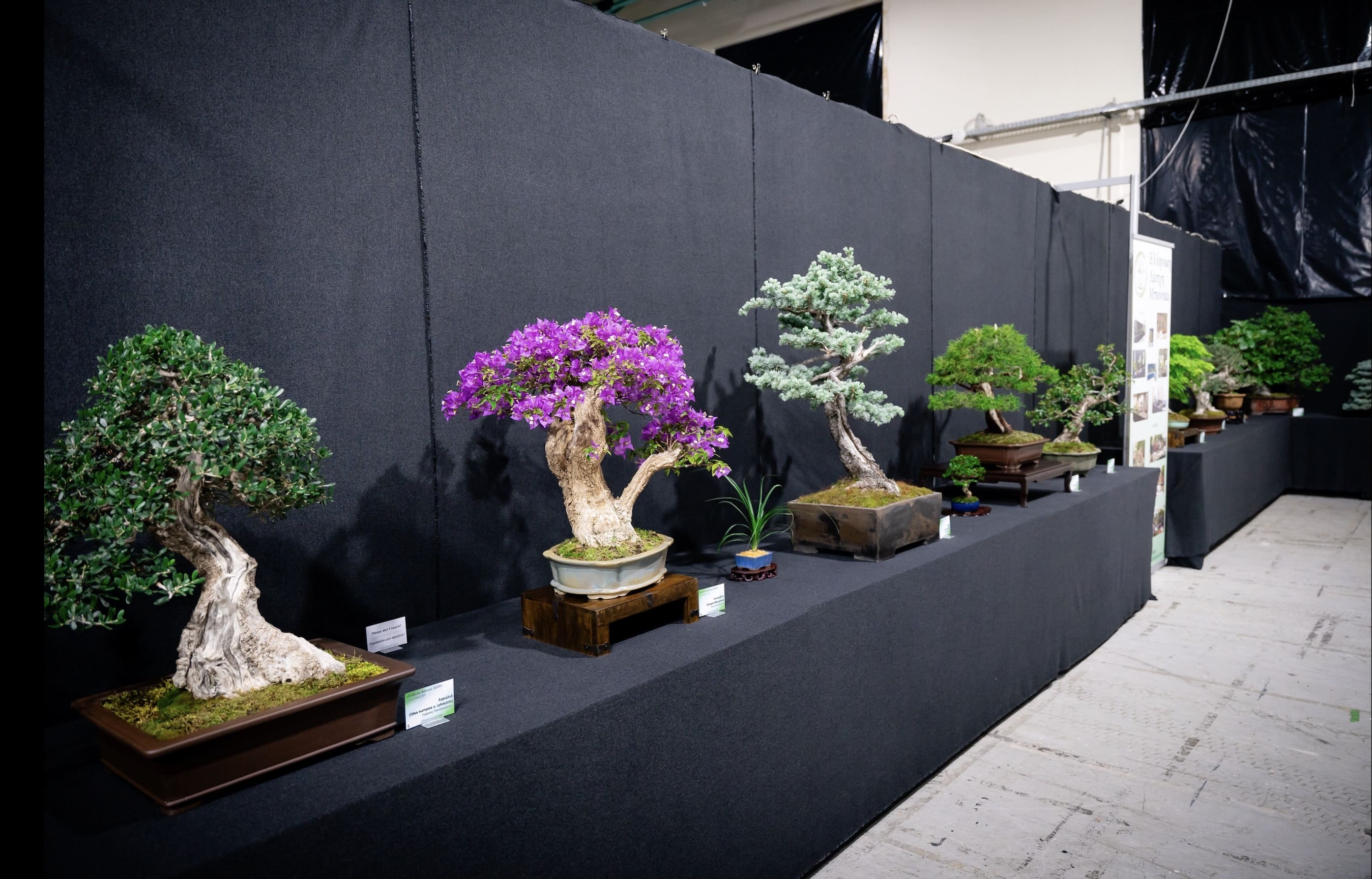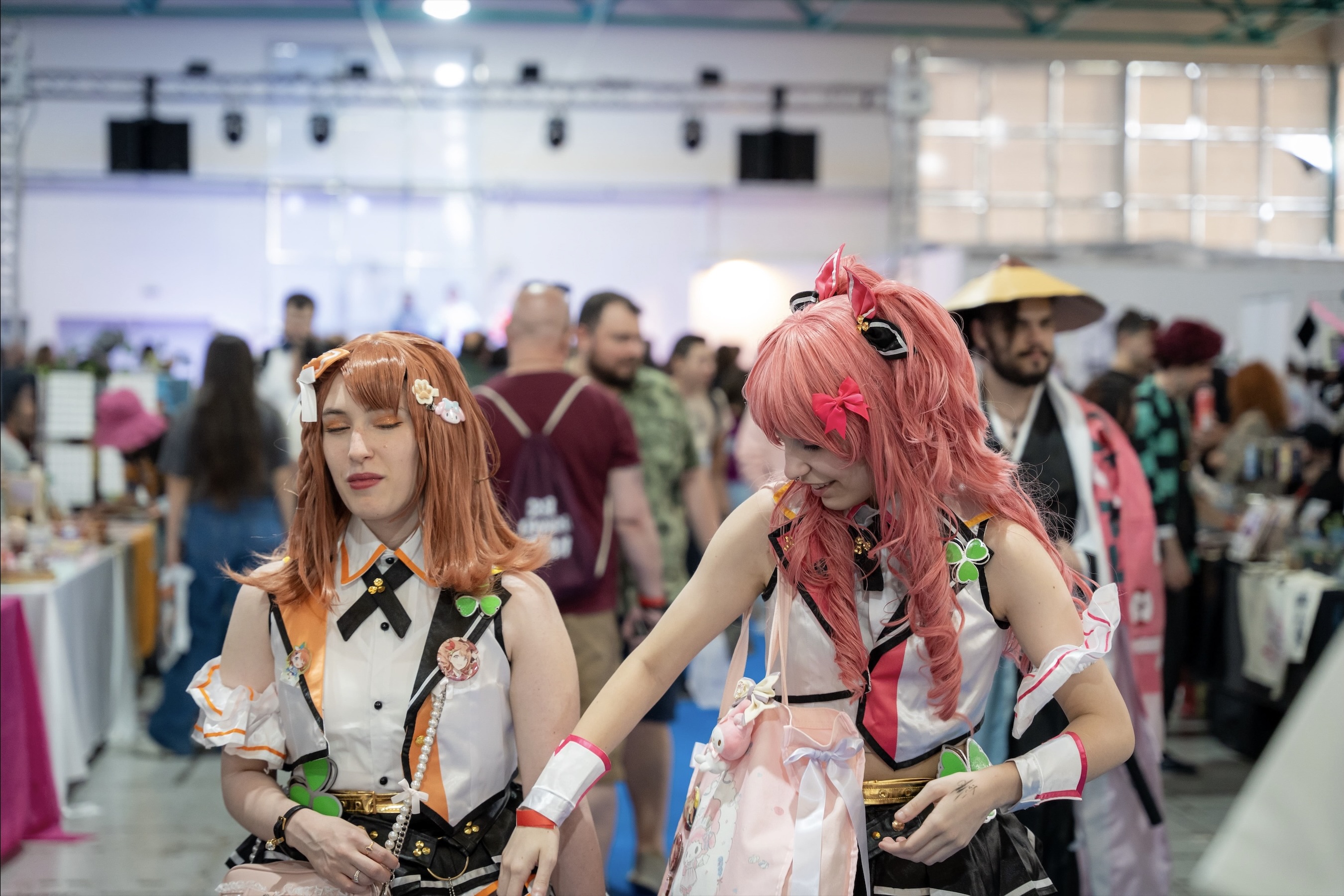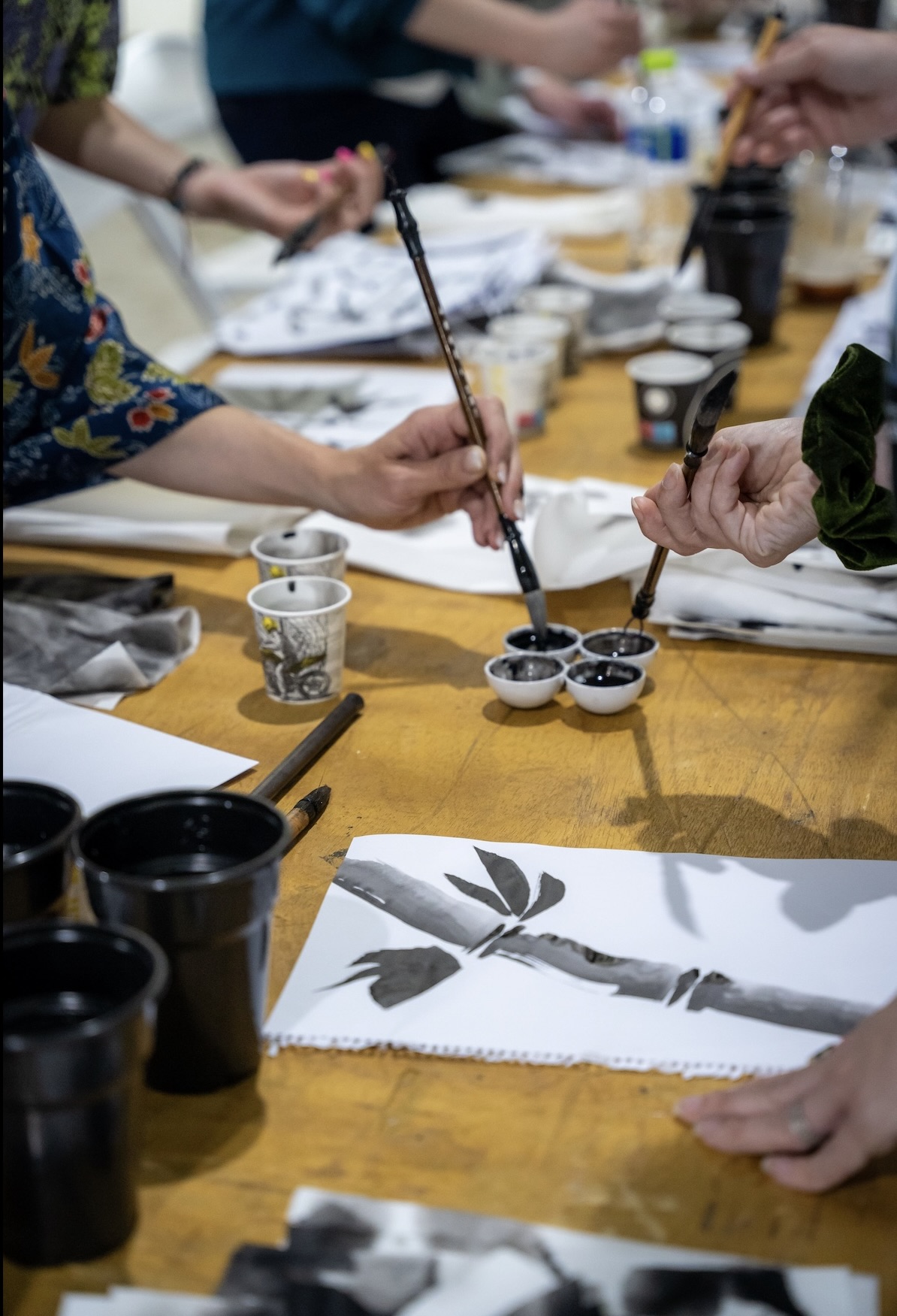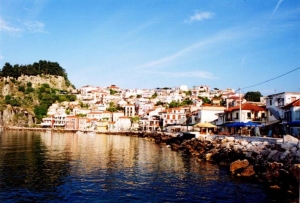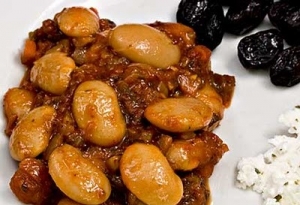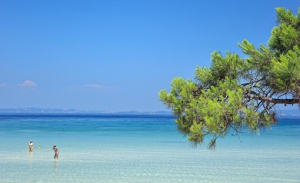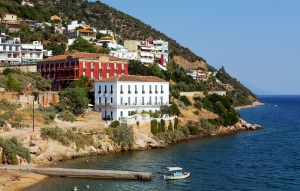Gigantes and elephantes from the Kastoria, Florina, and Drama regions of Greece are recognized by the European Union as products of Protected Geographic Indication (PGI). Like French appellations for wine, PGI designations identify foods grown in unique regions that have special qualities and characteristics worthy of appreciation and protection.
Method
Properly cooked gigantes are meaty, with crisp skin and velvety flesh. To reconstitute them, gigantes must be soaked overnight, then boiled until tender, and finally baked in a sauce. If you skip any of these steps, gigantes don’t cook evenly, and can be mealy. Adjust amount of Aleppo or crushed red pepper to suit your taste for spicy food. Only 4 Tbsp. of tomato paste are necessary.
The cooking time varies depending on the beans’ freshness. Because they’ve been pre-soaked, gigantes take less time to cook than one might think. Recently harvested beans are tender after simmering for 30-40 minutes. Older beans can take up to an hour. I test gigantes after 30 minutes and then in 5-10 minute increments. Stop cooking gigantes as soon as they’re tender; if cooked too long, the skins split and the beans get mushy.
Ingredients
• 2 1/4 cups gigantes
• 2 Tbsp. salt
• 2 liters water
• 3 bay leaves
• 4 cups diced onion
• 1 cup diced celery
• 1 cup diced carrots
• 1/4 cup olive oil
• Salt
• Freshly ground black pepper
• 3 Tbsp. minced garlic
• 1 Tbsp. dried oregano, crushed
• 1 Tbsp. dried thyme, crushed
• 1/2-1 tsp. crushed red pepper flakes (optional)
• 2 cups diced tomatoes and their juices
• 4-8 Tbsp. tomato paste
• 2-5 cups bean cooking water
• 1 tsp. sugar
• 1/2 cup minced parsley
Cook Beans: Place beans in large pot, cover with 2 liters water mixed with 2 Tbsp. salt, and let soak overnight.
The next day, drain and rinse beans. Return them to pot; add bay leaves and enough water to cover beans by 3 inches. Bring water to a boil, cover, turn heat down to low, and simmer beans 30-60 minutes (see headnote), just until flesh is tender. Drain beans, reserving bay leaves and 5 cups of bean cooking water to use in tomato sauce.
Preheat oven to 180°C and oil a large baking pan.
Make Sauce: Sauté onion, celery, and carrots, lightly seasoned with salt and freshly ground black pepper, in olive oil until onions soften and begin to turn golden. Stir in garlic, oregano, thyme, and pepper flakes, and cook for 1 minute. Stir in diced tomatoes, tomato paste, 1 cup reserved bean cooking water for every 4 Tbsp. of tomato paste, reserved bay leaves, and sugar. Bring sauce to a boil, cover, reduce heat to low, and simmer for 20-30 minutes, or until it thickens and the flavors blend. Taste and add salt and freshly ground black pepper, as needed.
Assemble Plaki: Stir cooked beans and parsley into tomato sauce. Pour mix into oiled baking pan, and bake for 45 minutes. Remove beans from oven, stir in 1 cup bean cooking water for every 4 Tbsp. of tomato paste, and bake for an additional 30-45 minutes, or until sauce is rich and thick.
Serve hot or at room temperature. If making beans ahead to serve the next day or after, stir 1 cup of bean cooking water into sauce after beans have finished cooking.
To read more, please visit laurieconstantino.com



